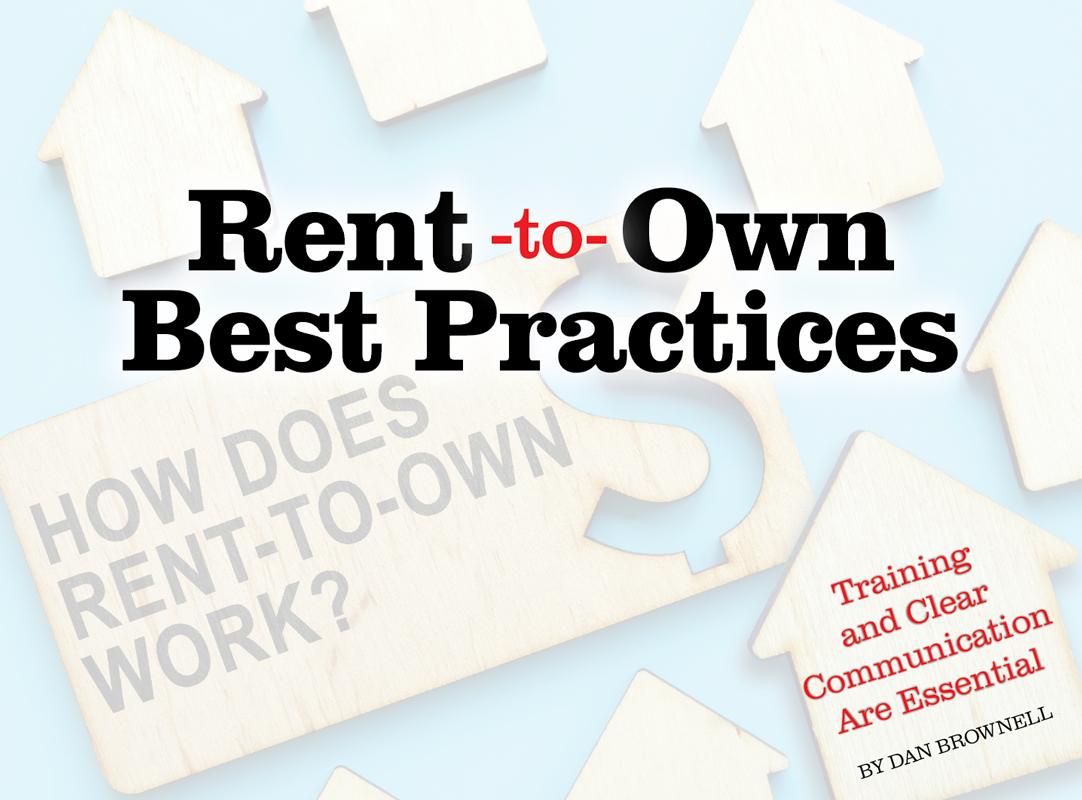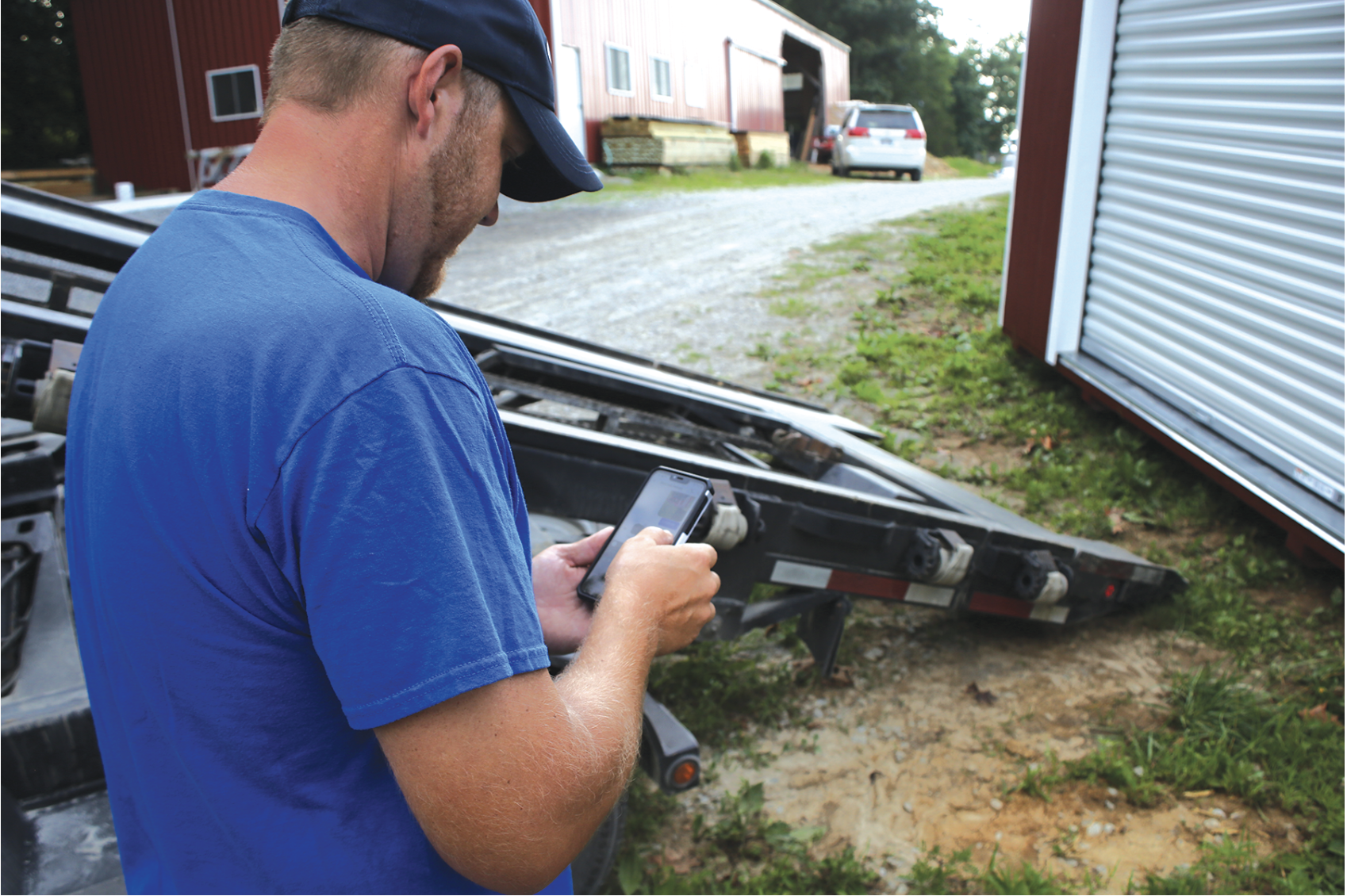Develop a Talent Pipeline
Every construction business admits its number one problem is finding, attracting, hiring, and retaining top talent. Construction unemployment in the U.S. is down to around 5%. Construction industry economists tell us the industry requires another 500,000 new workers to fill today’s need.
What Is Your Recruitment Process?
With the realization of these facts, what are you doing about your need for talent? The reality is that most contractors don’t do much to build or develop their employee base and capacity. Most don’t offer much training, mentoring, education, promotion from within, or career path for employees to develop their future. They also don’t have a proactive recruitment program to generate a steady flow of potential new employees. In fact, most contractors only run an ad when they need some help and then hope they get some applicants. This won’t work today.
Add a Talent Development Role
As a business coach who helps contractors improve their businesses, I have encouraged contractors to add a new box to their organizational charts titled, “Talent Development.” This area of responsibility is dedicated to building, developing, motivating, training, retaining, and attracting the best talent to want to work for their companies. The best people have the talent, experience, knowledge, dedication, character, commitment, integrity, and values to accomplish the tasks, responsibilities, and accountabilities to perform and achieve their expected results.
Evaluate Your Talent Needs Using T-E-V+CD.
There are three important T-E-V+CD criteria you can use to evaluate your current team and potential hires.
T = Talent – Do they have the right talent, education, and intelligence to do the job well, improve, grow, make decisions, ability to learn, and take on more responsibility?
E = Experience – Do they have the right experience and knowledge required to oversee and manage complex projects, provide solutions, organize, meet deadlines, achieve results, and manage all types of people, subcontractors, suppliers, and customer situations in a professional manner?

V = Values – Do they have the right core values required by the company including a positive winning attitude, teamwork, integrity, honesty, ownership for results, willingness to change and improve, and achieve the expected results without excuses?
CD = Committed and Dedicated – Are they committed to perform, dedicated to doing whatever it takes, willing to make decisions, and able to find solutions to difficult problems and challenges?
Consider the different talent criteria to determine if people are a good fit for your company:
High T, E, V, and CD = Great employee who is or can be a strong asset to your team.
High T, V, and CD with low E = Has the right criteria to hire, train, promote, develop, and invest time in.
Low T or E = This person might be able to learn how to perform well but is a large risk and will take some time and effort to train.
Low V or CD = Avoid or eliminate! Not someone you ever want to have on your team, ever!
Steps to Attract, Find, and Recruit Top Talent
Many of my construction company coaching clients are using numerous methods to attract and retain employees including:
1. Provide above-market pay and full benefits including health care, retirement benefits, paid vacation, personal time off or sick pay, and paid holidays — for the management, staff, and field crew workers.
2. Promote and reward recruiting. Offer incentive pay for employees who recommend someone to apply for a job at their company. Typical incentive pay ranges from $1,000 to $2,500 depending on the position, paid out after 1, 3, and 6 months of employment.
3. Offer hiring bonuses from $1,000 to $3,000 to new hires who work for 3 or 6 months.
4. Obviously use hiring websites. Change your ad every two weeks to keep it current and at the top of the list. Consider:
a. Indeed or ZipRecruiter for project managers, estimators, and supervisors.
b. For field hourly workers, use Craigslist and Facebook ads.
c. Use Spanish-hiring websites like Saludos.
5. Place “Now Hiring” signs or decals on your trucks, jobsites, job trailers, etc.
6. The key is to hire fast! If you don’t hire people now, they won’t be available tomorrow. Allow foreman and field supervisors to hire on the spot. Provide them with the basic hiring information to get from applicants including their name, address, Social Security number, driver’s license, drug testing requirement, etc. Agree on pay and then put them to work as soon as the paperwork is completed.
7. Give everyone hiring business cards to hand out.
8. Develop a hiring brochure with all the benefits your company offers. Give them out, place in every job trailer, and have field supervisors and foremen carry some with them.
9. Many contractors have a “Why Work for Us” video on their website explaining how they have a great place to work that is enjoyable, fulfilling, and friendly. Also discuss your employee development and training program, and your career development advancement ladder.
10. Offer incentives to your subcontractors and suppliers for new hire referrals or recommendations.
11. Add an extension to your voicemail for applicants to leave a message.
12. Assign a staff person (hiring coordinator) to call back interested applicants immediately and perform a short screening interview. Then have them set an appointment for an interview with a manager or supervisor.
Strategy to Hire Managers and Supervisors
Frustrated and getting overworked, business owners often make the big decision to hire an experienced manager with a strong resume so they can delegate part of their workload. Unfortunately, their first instinct is to move someone from within the company into a key position who has little or no experience or skills in the area they need. A poor example includes moving a project administrator or junior assistant into a project manager. This is an easy and less costly route rather than looking for a new hire with the talent and experience required to 100% handle the role without constant oversight.
After trying to move an inexperienced person without any luck and to hopefully save money, they next hire a low paid assistant, untrained field supervisor, junior project manager, or an untested estimator with little experience for the position they need. Or even worse, rather than take the time required to find the right person with the right talent and experience for the job, they attempt to hire a relative, family friend, or in-law who is out of work and seems likely they might be able to do the job.
Don’t hire cheap and hope it works out! Poor decisions won’t help companies move to the next level. The real reason for making poor hiring decisions is to save money or avoid the time, pain, and energy required to hire and pay for the perfect experienced employee or manager. Don’t take the path of least resistance and hope the easier, more comfortable, weaker, and less expensive choice will work out. You know what happens when you hire untrained cheap people with little or no management experience to assist you? You spend all your time trying to keep them busy, answering their questions, helping them do simple tasks, and training them. In other words, you do your job plus theirs, which causes you to work more and achieve less!
Where to Start: Hire or Delegate?
A busy construction company owner or president usually has too many activities they’re responsible for. So, where should owners spend their time and what roles or positions should they hire or delegate? The roles to consider are sales, estimating, project management, field supervision, or financial management.
To decide your best and most effective role, rank what will give your company the highest return for growth and profitability. Successful company presidents primarily focus on providing effective visionary innovative leadership, winning high margin sales, customer development, overseeing the estimating department, growing capacity, and hiring and developing top talent. To make your vision become real, you must make tough decisions to:
1. Stop doing the work as a project manager, estimator, and general field supervisor.
2. Focus on growing your company and building capacity by hiring the right people with the right talent, experience, and the right values with the ability to move into more responsible leadership positions.
3. Delegate and let go of making decisions for your team. Hold them accountable for achieving results and finding solutions without excuses.
4. Assign someone in your company to be responsible for coordinating the hiring process, recruiting, and developing top talent.
5. Commit and decide to make people your top priority. Develop and implement plans to build capacity including finding, attracting, hiring, and retaining top talent. GSCB
George Hedley CPBC, is a certified professional construction business coach, consultant, and popular speaker. He helps contractors build better businesses, grow, profit, develop management teams, improve field production, and get their companies to work.























